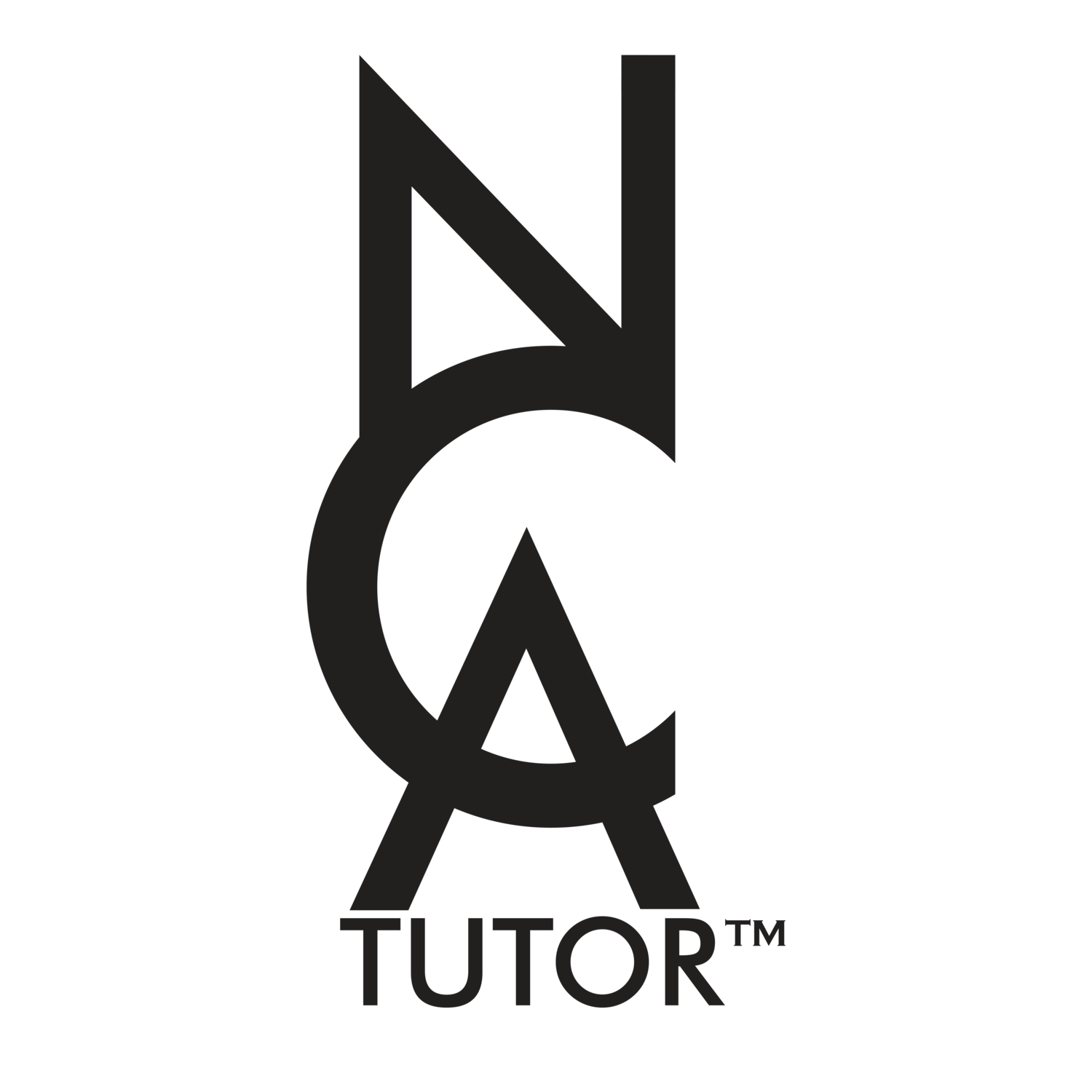Writing the NCA Exam
The NCA exams are open-book for a reason. They aren't designed to test your memory, but rather your ability to think and reason like a Canadian lawyer. This is why so many internationally trained lawyers struggle with them. The number one reason students fail an NCA exam isn't a lack of legal knowledge; it's a failure to master the Application component of the IRAC method.
On an open-book exam, simply stating the law is not enough. The examiners know you have the materials in front of you. The real skill—and where the marks are—is in demonstrating you can use that law to analyze a complex problem. You must show them how each fact presented in the question directly connects to the legal principles you've identified.
Your Roadmap: The Importance of the "I" (Issue)
Before you can apply the law, you must first properly identify the legal issues at play. Your issue section is more than just a question; it's the roadmap for your entire answer. A well-crafted issue section tells the examiner:
- What legal question you're answering.
- What law you'll be using to answer it.
- The order in which you will address each part of the problem.
For example, a strong issue statement in a contracts question would be: "The central issue is whether a valid and enforceable contract was formed between the parties. This analysis will require a determination of whether there was a valid offer, a clear acceptance, and adequate consideration."
This approach demonstrates that you've correctly identified the legal problem and have a clear, organized plan to solve it.
The Glue That Binds: Why "A" (Application) is Everything
Think of your exam answer as a chain, where each link must be strong and connected.
The Law (Rule): This is one link. It's a statement of the legal test, a principle from a case, or a section of a statute.
The Facts: This is another link. It's the story presented in the exam question.
The Application: This is the glue that connects the two. It's the analysis that explains how the facts satisfy (or fail to satisfy) the elements of the legal test.
Without this "glue," your answer will fall apart. You'll simply have a list of legal rules and a restatement of the facts, followed by a conclusion that feels unearned. The examiner will see that you know the law, but you haven't shown that you can apply it to a real-world problem.
The biggest mistake students make is restating the facts without explaining their legal significance. A strong application section is detailed, methodical, and uses every relevant fact. You must explicitly explain how a particular fact satisfies an element of a legal test. Use phrases like, "This fact is material because it demonstrates that..." or "The facts show that the plaintiff met the burden of proof for this element because...".
A Final Check: "C" (Conclusion) and Why it Matters
The conclusion is your final statement that directly answers the legal issue you raised. It's concise and definitive. A good conclusion reinforces your analysis and provides a clear outcome. It's the final piece that ties your argument together, leaving no doubt in the examiner's mind as to the result of your legal reasoning.
Understanding the theory of IRAC is one thing; mastering it is another. At NCA Tutor, we specialize in helping internationally trained lawyers bridge this gap.
We offer one-on-one legal support with a qualified Ontario lawyer who can provide personalized feedback on your exam writing skills. For a more collaborative approach, join our exam workshops for each of the core subjects. In these workshops, we work through a variety of sample questions together, focusing on issue spotting and a comprehensive discussion of IRAC for each problem.
This hands-on approach is the most effective way to turn theory into practice and ensure you are confident and ready for exam day.
Ready to pass your NCA exams on the first try? Learn more and register for our exam workshops here: https://www.nca-tutor.com/exam-workshops
